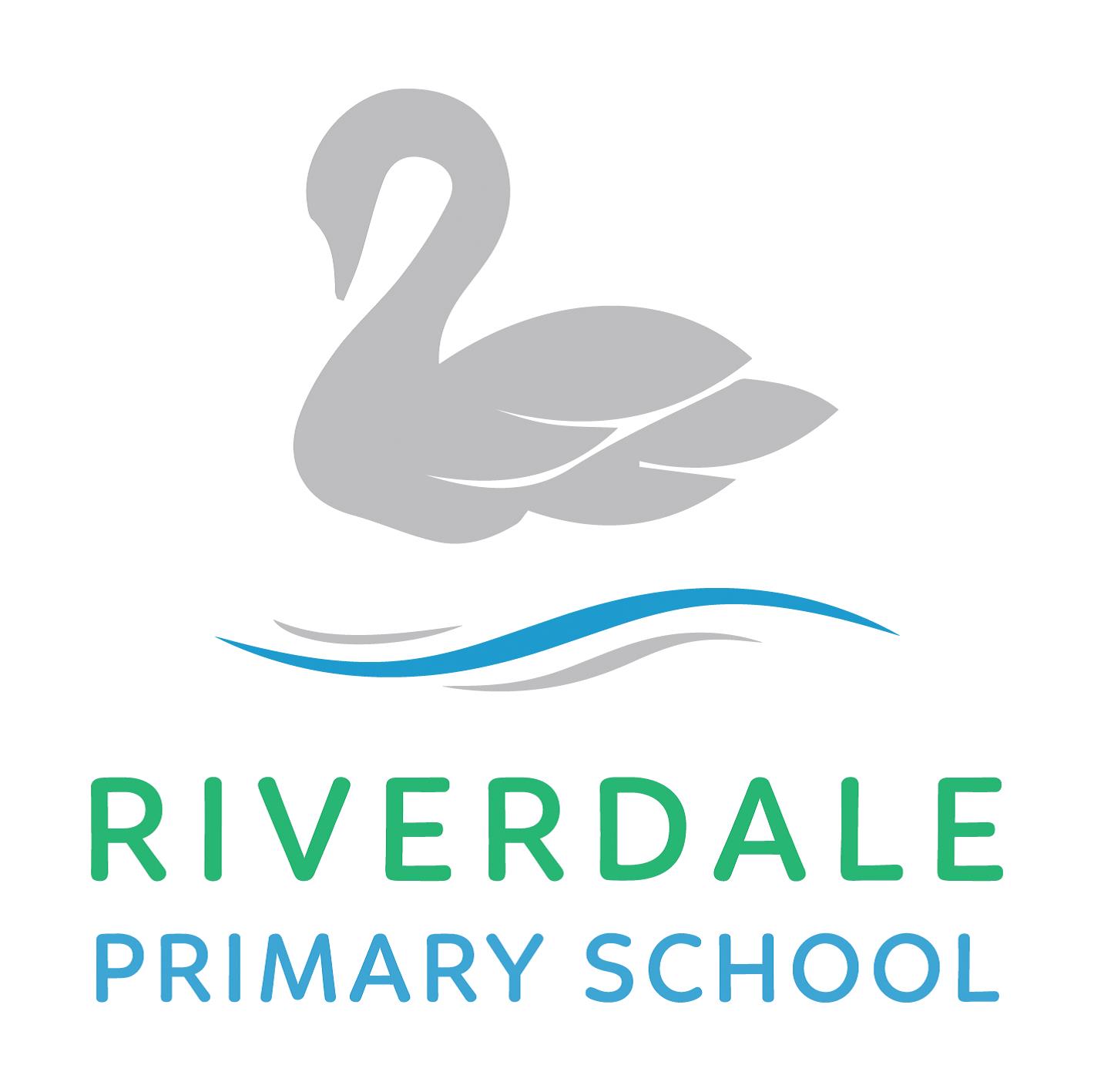Writing
Through our teaching of writing, we aim to develop
- An understanding of the important concepts and an ability to make connections within mathematics.
- A broad range of skills in using and applying mathematics.
- Fluent knowledge and recall of number facts and the number system.
- The ability to show initiative in solving problems in a wide range of contexts, including the new or unusual.
- The ability to think independently and to persevere when faced with challenges, showing a confidence of success.
- The ability to embrace the value of learning from mistakes and false starts.
- The ability to reason, generalise and make sense of solutions.
- Fluency in performing written and mental calculations and mathematical techniques.
- A wide range of mathematical vocabulary.
- A commitment to and passion for the subject.
- The ability to write fluently and with interesting detail on a number of topics throughout the curriculum. • A vivid imagination which makes readers engage with and enjoy their writing.
- A highly developed vocabulary and an excellent knowledge of writing techniques to extend details or description.
- Well-organised and structured writing, which includes a variety of sentence structures.
- Excellent transcription skills that ensure their writing is well presented and punctuated, spelled correctly and neat.
- A love of writing and an appreciation of its educational, cultural and entertainment values.
Writing is taught daily and builds on previous learning. Throughout school, staff use high quality texts to engage and inspire pupils.
We use the Ready Steady Write programme to deliver our writing curriculum.
Across school, the writing process is taught consistently using four simple steps:
1. Immersion: In this stage, students are exposed to high-quality exemplar texts and engage with them through various activities. This includes reading, discussing, and writing about the text to gain an understanding of its structure, style, and language features.
2. Planning: Once students have an understanding of the text, they move onto the planning stage. Here, they plan out their own writing using what they have learned from the exemplar text. This can include identifying key features, brainstorming ideas, and creating a writing plan.
3. Writing: In this stage, students use their plans to create their own piece of writing. They are encouraged to use what they have learned from the exemplar text, but also to bring their own voice and creativity to their writing.
4. Editing and Revising: Finally, students edit and revise their writing. This includes checking for spelling and grammar errors, as well as making revisions to improve the overall structure and clarity of their writing.
This allows students to develop their reading and writing skills across multiple subject areas and provides them with a consistent structure and approach. This ensures that students feel supported and confident as they move through the different courses, building upon the skills they have learned previously.
By using this structure, we provide a consistent approach to reading and writing development throughout the school. This ensures that students feel supported as they move through different courses and helps to promote a love of reading and writing among students.




